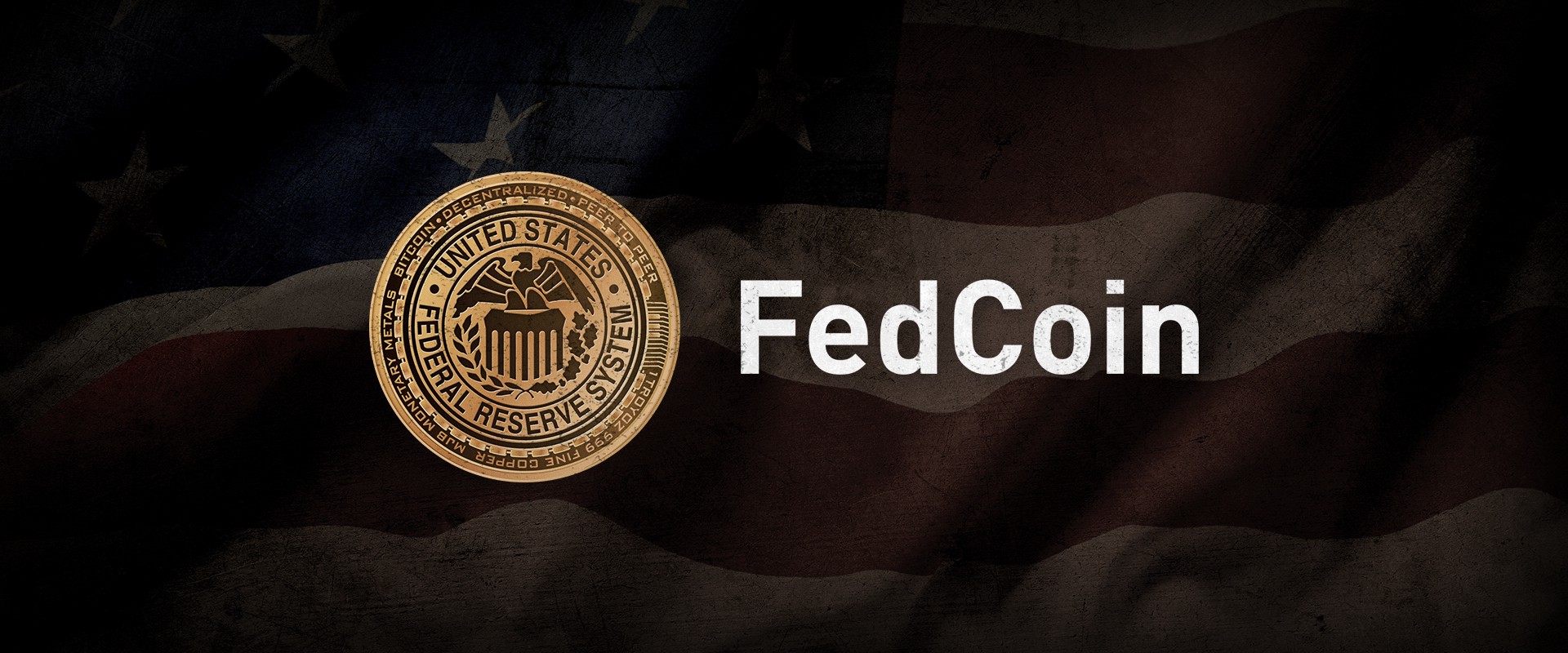PALO ALTO, Calif. (Reuters) - The Federal Reserve is looking at a broad series of problems around digital payments and currencies, including policy, design and legal considerations around potentially issuing its own digital currency, Guv Lael Brainard stated on Wednesday. Brainard's remarks suggest more openness to the possibility of a Fed-issued digital coin than in the past." By transforming payments, digitalization has the potential to deliver greater worth and benefit at lower expense," Brainard said at a conference on payments at the Stanford Graduate School of Service.
Reserve banks internationally are debating how to manage digital financing innovation and the dispersed journal systems utilized by bitcoin, which assures near-instantaneous payment at possibly low cost. The Fed is developing its own round-the-clock real-time payments and settlement service and is presently examining 200 remark letters sent late last year about the proposed service's design and scope, Brainard said.
Less than 2 years ago Brainard informed a conference in San Francisco that there is "no compelling demonstrated need" for such a coin. But that was prior to the scope of Facebook's digital currency aspirations were commonly understood. Fed authorities, including Brainard, have raised concerns about customer securities and information and personal privacy hazards that could be positioned by a currency that might enter into use by the third of the world's population that have Facebook accounts.
" We are teaming up with other reserve banks as we advance our understanding of central bank digital currencies," she stated. With more countries checking out providing their own digital currencies, Brainard said, that adds to "a set of factors to also be ensuring that we are that frontier of both research and policy advancement." In the United States, Brainard said, issues that require study include whether a digital currency would make the payments system more secure or simpler, and whether it could posture monetary stability dangers, including the possibility of bank runs if cash can be turned "with a single swipe" into the main bank's digital currency.
To counter the financial damage from America's unprecedented national lockdown, the Federal Reserve has taken extraordinary steps, consisting of flooding the economy with dollars and investing straight in the economy. Most of these relocations got grudging acceptance even from numerous Fed skeptics, as they saw this stimulus as needed and something just the Fed might do.

My new CEI report, "Government-Run Payment Systems Are Hazardous at Any Speed: The Case Versus Fedcoin and FedNow," information the dangers of the Fed's present prepare for its FedNow real-time payment system, and proposals for main bank-issued cryptocurrency that have been called Fedcoin or the "digital dollar." In my report, I go over issues about privacy, data security, currency adjustment, and crowding out private-sector competitors and development.
Proponents of FedNow and Fedcoin say the federal government should produce a system for payments to deposit instantly, instead of motivate such systems in the economic sector by raising regulative barriers. However as kept in mind in the paper, the private sector is offering a relatively unlimited supply of payment technologies and digital currencies to fix the problemto the level it is a problemof the time gap between when a payment is sent and when it is gotten in a checking account.
And the examples of private-sector innovation in this location are lots of. The Clearing House, a bank-held cooperative that has actually been routing interbank payments in different forms for more than 150 years, has been clearing real-time payments given that 2017. By the end of 2018 it was covering half of the deposit base in the U.S.